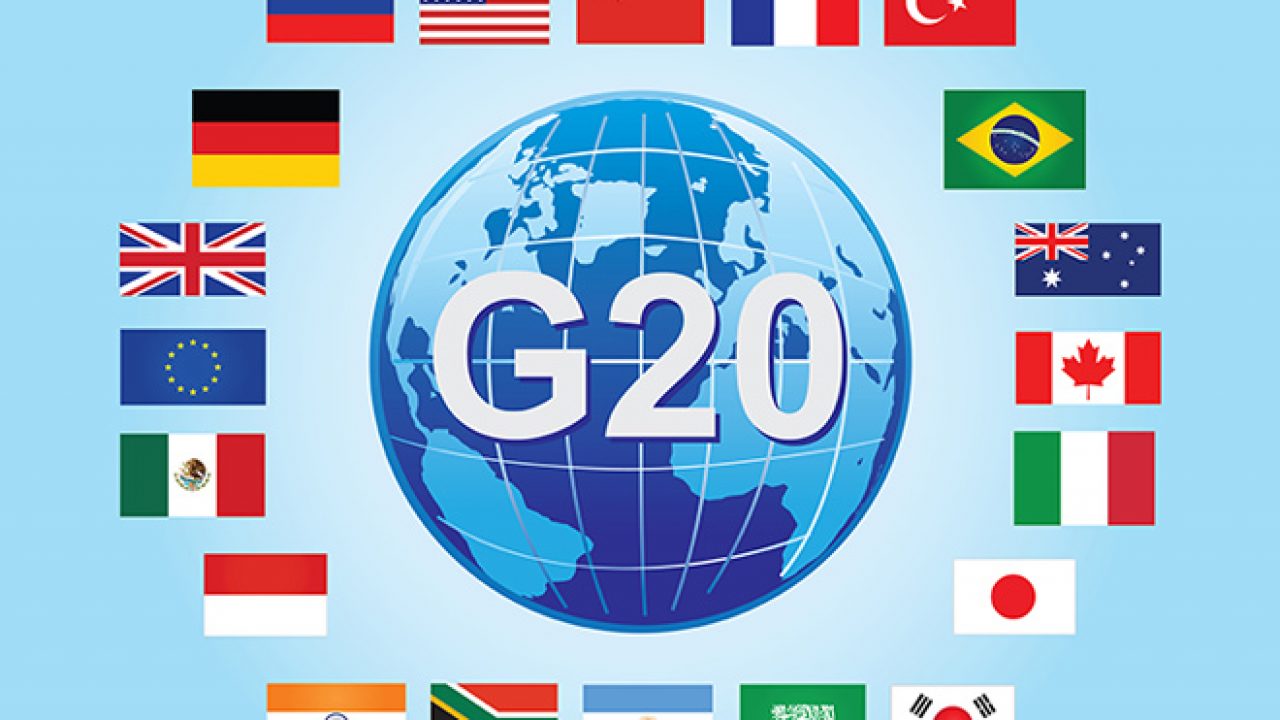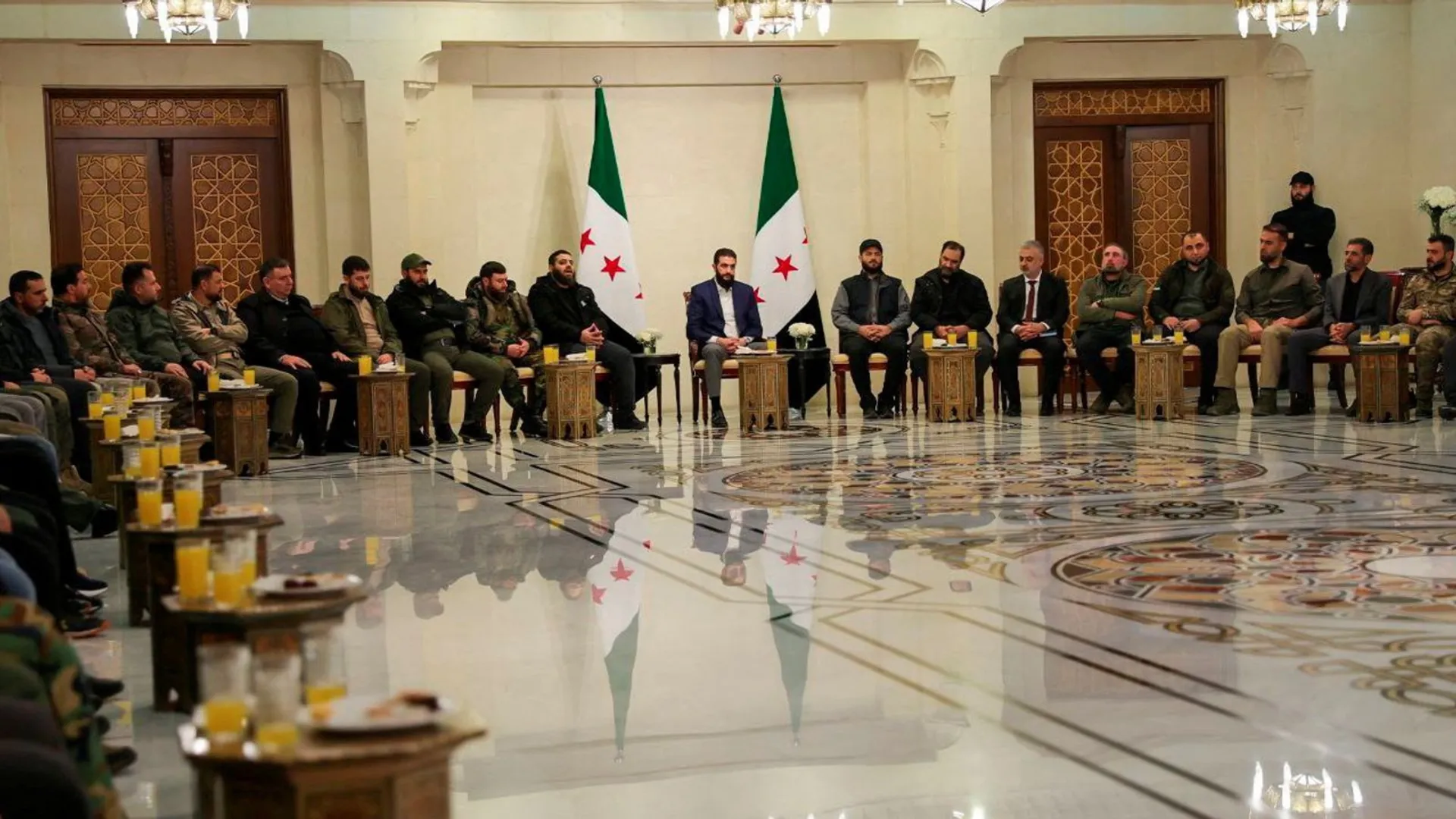The G-20 summit at Bali was a game-changer in many ways. India will be leading the G20. It will have many narratives. One of the narratives would be opportunities for the world to understand India’s perspectives. How does India look at the world? The Prime Minister said that this summit is not merely a diplomatic meeting. India takes it as a new responsibility and sees it as the world’s trust in it. “Today, there is an unprecedented curiosity in the world to know and understand India. Today, India is being studied in a new light. Our current successes are being assessed and unprecedented hopes are being expressed about our future.”
The logo of G20 emblem and theme were systematically designed to evolve Indian philosophy of One Earth, One Family and One Future. The lotus in the logo symbolizes India’s ancient heritage, faith and thought. The philosophy of Adwait emphasises the oneness of all creatures and this philosophy will be a medium of resolution of today’s conflicts. This logo and theme represent many key messages from India. Through the G-20, India can convey the message of Buddha for freedom from war, and Mahatma Gandhi’s solutions in the face of violence. The Prime Minister said that India’s G-20 presidency is coming at a time of crisis and chaos. He underlined that the world is dealing with the after-effects of a disruptive global pandemic, conflicts and lots of economic uncertainty. The Prime Minister said that even if the world is in a deep crisis, we can still progress to make it a better place. India is the only country which holds the developing and developed countries together. PM Modi categorically said that India maintains close relations with developed countries, on the one hand, and at the same time, understands and expresses the views of developing countries very well. India’s vision and common objective are to bring the whole world together for a better future. The Prime Minister gave examples of One Sun, One World, One Grid which has been India’s clarion call for a revolution in the world of renewable energy, and the global health campaign of One Earth, One Health.
India’s believes that international organizations have badly failed. PM Modi said that the UN has been unable to resolve the chaos and subtly hinted that the UN has failed in upholding its mandate. He added that all nations have failed to reform the UN. “There is a crisis of essential goods all over the world. The challenge for the poor citizens of every country is more severe. Everyday life was already a struggle for them. They do not have the financial capacity to deal with the double whammy. PM Modi argued that due to the UN’s failure, the G20 has become an ever more important multilateral forum. The world health organization had shown its inability during the pandemic. There were other lame duck organisations like the World Trade Organization and World Bank.
India’s five millennia as a civilization entity have always involved engagement with the outside world. Right from the earliest times, Indian kingdoms and emirs maintained ties with other countries and regions.
Kishore Mahubani, an expert of international politics from Singapore, called the western dominance for two centuries as an historical aberration. It means the East has all the resources to be the driving power of the world politics. Quincy Wright, a western philosopher, said categorically that Indian perspectives of world politics are much better and deeper to understand the dynamics of world politics. But theories of Kautilya and Manu remained confined into a few pages of Indian political thought. Since comprehensive understanding was never elaborated, therefore it sounds out of context. Forget about foreigners, our own people do not trust. That is why we need Indian ways of understanding world issues.
Indian perspective is very straight forward. The concept of Vishw Guru is not about coercion, force or economic embargo. If we see the different doctrines of America, it is all about harming others. Indian philosophy has displayed the concept of peace and prosperity. Indian influence in South-East Asia is well-known. Indian influence spanned in the Middle East and Africa. British colonial power had used the historical links of India in acquiring the land of the Middle East countries. In a conversation with Churchill during World War II, General Claude Auchinleck said: “India is vital to our existence. We could still hold India without the Middle East, but we cannot hold the Middle East without India.” India as the springboard for security of the regions to its west and east had resulted in a British project, beginning in the eighteenth century, to create closer ties between the Persian Gulf and India.
The whole world is one. There is need to share and rejoice. Your miseries are my pain. None of the western theories of world politics explained these components, be it realist or idealist or English school of thought or post modernist. China as a power is going on western lines. Its OBR has displayed the imperial approach of the west. In the name of connecting the world, it is creating naval military bases in the Indian Ocean. It is dividing the world for its own economic benefits.
There are many India strategic thinkers of modern times who explained how independent India lost the opportunities to be a great power. India could have been a great power had it retained and maintained the British India edge in the Far East and Middle East. Indian strategic thinker Pannikar explained his view, “The old Indian empire as a common defense had much in its favour.” In his 1943 book ‘The Future of South East Asia’, Pannikar had already argued that in history, India had been the only power able to control South East Asia or what he called “Further India”. Pannikar saw India as the security provider as well as the key economic power for the region because of its geographical position, size, and resources. Another Indian strategic thinker Prof P.N. Kirpal, wrote in 1945, “Three great highways connect India with the rest of the world. One was from Calcutta towards the South and South East; the sea routes reach Australia and New Zealand.”
The world has seen more disruptions in the last 12 months. The reemergence of Taliban in Afghanistan, Russia-Ukraine war, Taiwan -China tensions and many more created fault lines in world politics; it seems the list is endless. India has called for peace initiatives and dialogue; the PM and India’s foreign minister has repeatedly urged for peace from different international forums. G-20 will showcase that economic activities flow more smoothly through the cultural channels. It has sanity and serenity. China is in an aggressive mood to move on western lines, carrying the same ideas of force and deceit. Therefore, Indian perspectives are very important for the world to understand. G-20 will facilitate these opportunities.
Prof Satish Kumar, Political Science, IGNOU, New Delhi.







